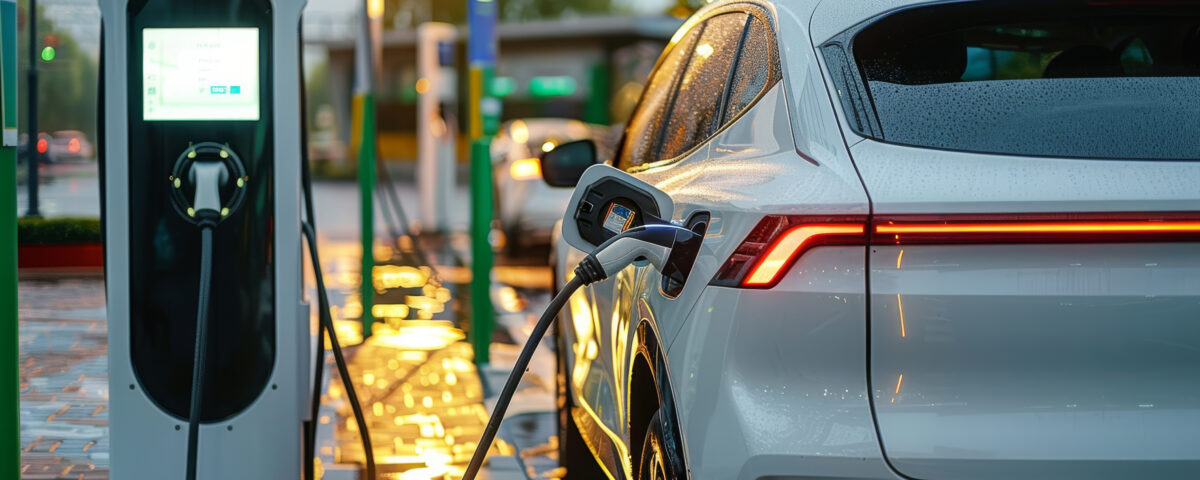
GLEG UK Energy Market Update…
April 7, 2025
The EU Is on Track to Break Renewable Records in 2025
April 11, 2025Prime Minister Keir Starmer has confirmed a major revision to the UK’s Zero-Emission Vehicle (ZEV) mandate, extending the sale of hybrid vehicles until 2035. The announcement, made during a visit to JLR’s Solihull plant, marks a pragmatic shift in government policy to better align with industry readiness and consumer demand.
This update represents a significant relaxation of earlier targets, offering manufacturers more flexibility as they transition to zero-emission technologies. Originally, the sale of most hybrid vehicles was due to end in 2030, but under the revised plan:
- Full and plug-in hybrids (HEVs and PHEVs) can continue to be sold through to 2035, easing the transition for both manufacturers and consumers.
- Low-volume manufacturers (producing fewer than 2,500 cars annually for the UK) will be exempt from meeting the 80% EV sales target by 2030. This move is designed to protect niche British marques such as Aston Martin, McLaren and Morgan, giving them time to adapt.
- Greater flexibility has been introduced into the ZEV credit system, allowing manufacturers to borrow EV credits from future years, offset CO₂ savings from hybrids, and even trade credits between cars and vans – measures intended to relieve short-term compliance pressure.
- The penalty for non-compliance with ZEV targets has been reduced from £15,000 to £12,000 per car.
The ZEV targets themselves remain in place – manufacturers are still expected to reach a 28% EV sales mix by 2025, rising to 80% by 2030 – but these measures aim to reflect current market realities. Consumer demand for EVs remains subdued, while plug-in hybrid registrations continue to rise, accounting for a growing share of new car sales.
Starmer framed the announcement as part of a broader “Plan for Change”, emphasising the need for a balanced approach that supports British jobs, strengthens domestic manufacturing, and recognises the complex realities of the energy transition. He stressed that the government is “not ideological” about how emissions are reduced, highlighting the role of efficient petrol and hybrid vehicles as stepping stones to a fully electric future.
This policy reset also comes against the backdrop of 25% US tariffs on UK-made cars, adding further pressure to the automotive sector. Around 27% of UK car exports are destined for the US, making government support and strategic clarity more critical than ever.
Further updates are expected this summer, including the unveiling of a new industrial strategy aimed at positioning the UK as a global leader in green technologies, including EV manufacturing, battery production and hydrogen mobility.

